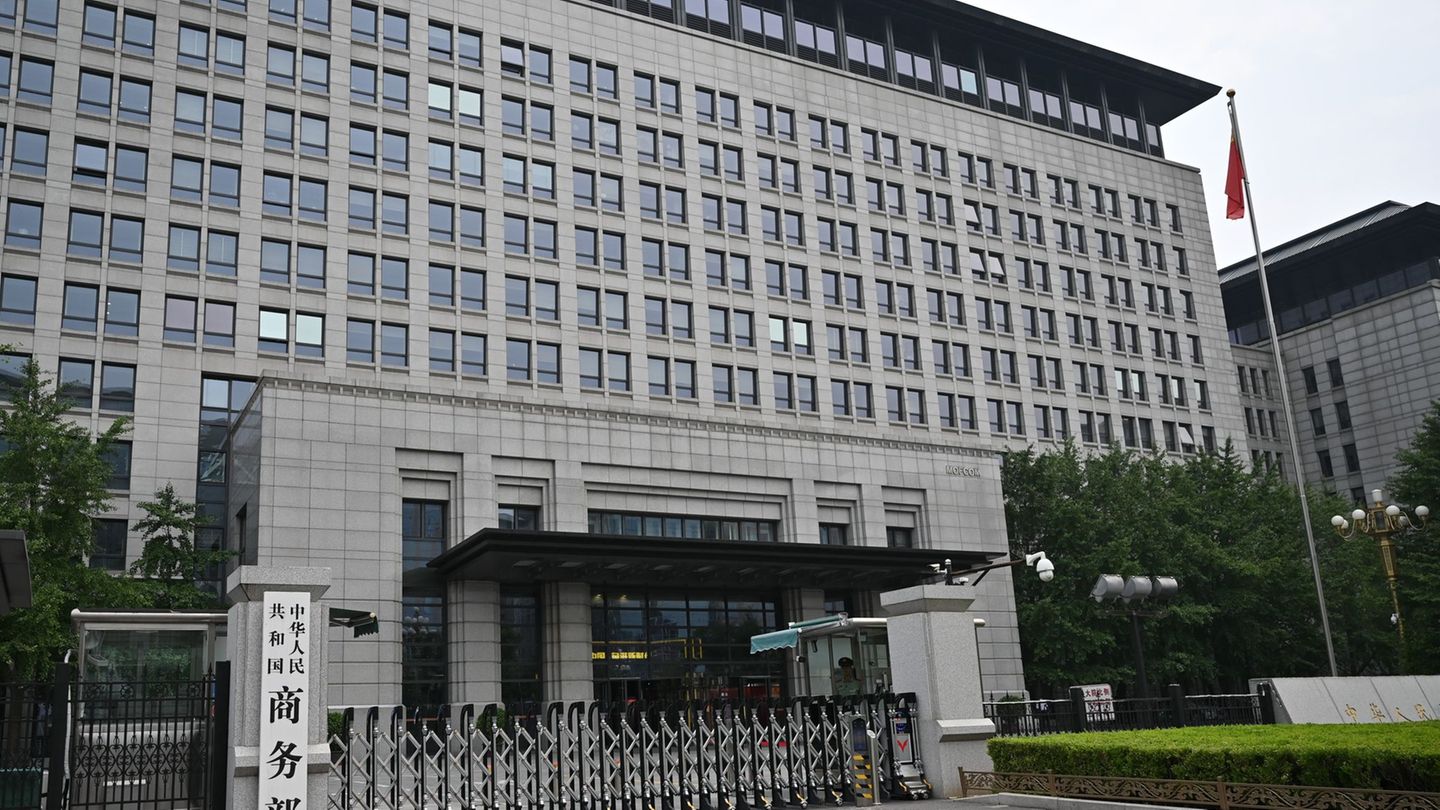Labor researcher
Do Germans like to party while sick?
Copy the current link
The number of sick notes is at a record level. Corporate bosses rail against German laziness. An expert replies: The companies themselves are often to blame.
The sick leave in Germany reached a new record high this year in August – long before flu season. Now it’s October. Do Germans like to party while sick?
No, that is a far-fetched exaggeration without any basis. Firstly, we actually had more respiratory illnesses this summer than usual. Secondly, I find the claim that workers are getting lazier simply exaggerated and cheeky. It’s an insult to everyone who gets up early every morning to do their jobs. Above all, the topic is far too complex to simply conclude that increased sickness rates mean that employees in Germany are “lazy”.
Nevertheless, it is Sick leave There has been a demonstrable upward trend in this country since the Corona years.
This also has to do with a statistical distortion that arises from the digitalized distribution of sickness reports. The statistics clearly show the sudden increase in sick leave from 2022 to 2023. Since then, sickness reports have been automatically forwarded from the doctor’s office to the health insurance companies, which was previously voluntary for employees and was often not done. Actually, after years of under-reporting, we only now have realistic sickness figures.
Capital
Capital is a partner brand of starboth belong to RTL News. You can see this content because we also present selected pieces from Capital to the readers of star+ provide. You can find out more about the interesting world of capital at www.stern.de/capital.
For almost a year now, employees have been able to take sick leave over the phone. Has the hurdle to calling in sick fallen?
For some, this may have lowered their inhibition threshold. And yes, we also have comparatively generous social security in Germany in the event of illness. Reporting sick does not automatically lead to loss of wages. In other countries with fewer social regulations, such as Great Britain or Turkey, the inhibition threshold is certainly higher. However, work in Germany is organized with a strong focus on efficiency, and staffing levels in companies are often thin. Most employees feel responsible for performing well and keeping the company’s work processes running – also because they know that if they are absent, their colleagues will have to compensate for the loss by working overtime. This means that the personal hurdles to reporting sick are often higher than they seem at first glance.
Then why is the sickness rate so high?
This is difficult to answer and affects several levels. Increasing digitalization and a shortage of skilled workers are characteristic of today’s working world. This increases the demands placed on employees: they have to take on additional tasks, work becomes more intensive, multitasking and extra work occurs. Another reason is the economic recession. There is great uncertainty in many companies, especially manufacturing companies. The order situation is often worse than expected and the pressure to work more efficiently and productively increases. Such uncertainties can be psychologically stressful for employees and have an impact on job satisfaction and the working atmosphere.
To person
Elke Ahlers heads the “Quality of Work” department at the trade union-affiliated Economic and Social Sciences Institute of the Hans Böckler Foundation. She is primarily concerned with changes in work, health and psychological workloads.
And that makes you sick?
Yes, of course. If you have to compensate for a lack of staff capacity by working overtime, you may miss breaks, be more tense and have a higher overall stress level. This also reduces the ability to recover and people can sleep less well. This can have a psychosomatic impact on all sorts of illnesses. Not too much psychological suffering can be a consequence, but also more frequent colds, back pain or cardiovascular diseases. In order to remain productive in the long term, there needs to be a good balance between commitment to work on the one hand and balanced recovery on the other.
Are there other reasons for the high sickness rate in Germany?
Compared to OECD countries, the proportion of older employees in Germany is above average, and in this group of employees in particular, sickness-related absences are often longer than among younger people. There are also more young parents who work, are under double workload and have to call in sick more often because of sick children or closed daycare centers. Here you can see a vicious circle. Employees in the healthcare sector in particular are under extreme strain. If they now hear that the Germans are becoming more and more lazy, it will be like a slap in the face for them.
The heads of large German companies have now spoken out. Ola Källenius from Mercedes-Benz said that sickness rates here are twice as high as in other European countries and that this is slowly becoming a disadvantage for Germany Business location develop. Is he right?
I would like to know what statistics he is referring to. I am not aware of such a clear finding. In my view, sick leave is not a disadvantage for the German business location, but rather an indication of weaknesses in long-term personnel planning, securing skilled workers and ensuring good working conditions. Ultimately, companies are also responsible for keeping their employees healthy and not increasing the pressure excessively. We have many problems in Germany, from a lack of skilled workers to a lack of investment. Blaming sick employees for the weakening economy is somewhat outrageous.
So isn’t sick leave responsible for the weak economy, but rather the weak economy is responsible for sick leave?
Both belong together. Looking back, sickness rates have always been low when the economy was bad. People were afraid of losing their jobs and, when in doubt, went to work sick. The difference today is that there is no mass unemployment and a large proportion of workers are less afraid of losing their jobs. This makes employees more self-confident.
The head of the insurer Allianz Oliver Bäte also complained that Germans had many more sick days than employees in the USA or Switzerland. Germany also has the highest spending on sick days in the EU. Would slightly stricter rules really be so bad?
Yes, that would be a step backwards in employee rights and would go in completely the wrong direction. Nowadays it’s all about retaining employees by creating attractive working conditions. The rule that you don’t pay for the first day of sickness, for example, would only increase the pressure in the world of work. Sickness rates are lower in companies with a forward-looking HR policy and a corporate culture in which employees feel more comfortable and more recognized for their performance.
Source: Stern




